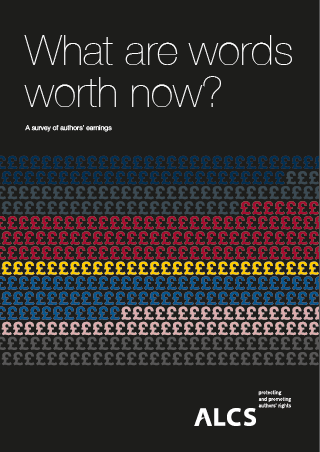
Thanks largely to Hugh Howey’s recent post about the need for organizations that truly work on behalf of authors rather than their own self-interests, serious discussion has opened up about the need for a better structure that works to speak up for writers and their work. Organizations like the Author’s Guild have recently been questioned as their interests lie in furthering the traditional publishing industry, rather than the acceptance of all writers.
But one organization in the UK, the Society of Authors, has stated in an interview with its head Nicola Solomon that the validity of the traditional publishers is questionable and goes so far as to state the traditional publishing as a whole is no longer the most viable option for authors. As Solomon said in an article in The Guardian, current contract terms are often unfair and it is no longer the most sustainable model.
The UK has long experienced a greater level of transparency in terms of actual sales figures than the US market, and several authors have come forward to outline exactly what they’ve earned from the sales of their books. In the US, authors are contractually barred from discussing their sales, and even indie authors can violate the terms of service for ebook retailers’ platforms if they speak out about their earnings.
As UK authors aren’t legally bound to stay quiet, several authors told The Guardian how small their actual book earnings were under the traditional publishing model, which led Solomon to make the point that the traditional industry is not working in authors’ best interests. Authors’ income is actually decreasing, while publishers continue to post high revenues.
But the most telling point in the article is this one:
“Self-publishing, meanwhile, is becoming an increasingly attractive option for writers, according to the [ALCS] survey, which found that just over 25% of writers had published something themselves. Writers were investing a mean of £2,470 in publishing their own work, with the median investment at £500, and typically recouping their investment plus 40%. Eighty-six per cent of those who had self-published said they would do so again.”
Unfortunately, there are still a number of organizations who loudly further the belief that self-publishing is neither accepted nor viable, and therefore caution authors away from the income potential of indie authorship. Data from the AuthorEarnings.com reports and the ALCS survey will hopefully help authors understand that there are many options open to them, and that all of them have their merits.
Mercy Pilkington is a Senior Editor for Good e-Reader. She is also the CEO and founder of a hybrid publishing and consulting company.